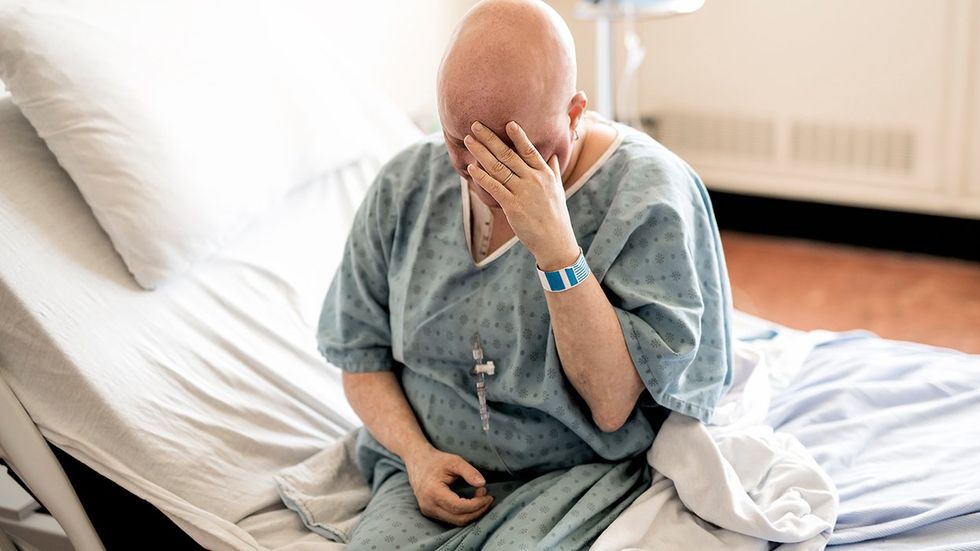Discrimination against LGBTQ+ people can prevent them from seeking health care and worsen their well-being, creating factors that make them more at risk of developing cancer.
Leading cancer research organization the American Cancer Society found in its 2024 Cancer Facts and Figures report that queer people frequently experience "minority stress" in health care settings, leading to an "elevated prevalence" of cancer risk factors.
Experiences of "overt prejudice, rejection, discrimination, and internalized homophobia" from health care providers not only discourage LGBTQ+ people from seeking care, but also "may lead to increased prevalence of mental health or substance use disorders and unhealthy behaviors that increase cancer risk," the report stated.
"Perhaps the greatest health disparity faced by LGBTQ+ communities is the presumption-of-care gap, which is the fear that a provider will refuse care due to gender identity or sexual orientation," it continued.
There are currently nine states (Alabama, Arkansas, Florida, Illinois, Mississippi, Montana, Ohio, South Carolina, and Tennessee) where it is legal for medical professionals to refuse care to LGBTQ+ patients, according to the report. This encompasses an estimated 20 percent of the U.S. LGBTQ+ population.
The report found that over half of queer adults have "experienced harassment, including slurs, microaggressions, sexual harassment, and violence" in health care settings. Around one-third have "experienced discrimination simply trying to use the bathroom." Such negative experiences were "most common among people of color," it noted.
 Shutterstock
Shutterstock
Because of this discrimination, 1 in 6 LGBTQ+ adults — and 1 in 5 transgender adults specifically — say they avoid health care settings.
As for queer people who do develop cancer, the report found that they "experience disparate outcomes across the cancer continuum, including prevention, screening and early detection, diagnosis, treatment, and palliative care."
This impacts their health even after beating the disease, as LGBTQ+ cancer survivors are "more likely to have poor physical and mental health, have higher prevalence of cigarette smoking and heavy alcohol use, and frequently experience homophobia and discomfort expressed by health care providers."
The report noted that "a substantial proportion of cancers could be prevented, including all cancers caused by tobacco use and other unhealthy behaviors." Gaps in care for queer people specifically could be rectified through ensuring LGBTQ+ lives are included in medical school curriculum or investing in programs that combat the high rates of tobacco use in the queer community, particularly among youth. The report also called for health care providers and researchers to collect more data on sexual orientation and gender identity in how they relate to cancer disparities.
LGBTQ+ people — like all people — are encouraged to get screened for cancer regularly. While marginalized groups experience factors that exacerbate their likelihood of developing the disease, the report emphasized that "everyone is at risk."
For those in the LGBTQ+ community affected by cancer, CancerCare provides free, professional support services as well as practical information and additional resources. The Cancer Survivors NetworkSM (CSN) also provides resources, and has online forums for gay men and women that ensure a safe online community where survivors and caregivers can connect with others to share their stories, ask questions, and support each other.

































 Shutterstock
Shutterstock

















































Here's our dream all-queer cast for 'The White Lotus' season 4